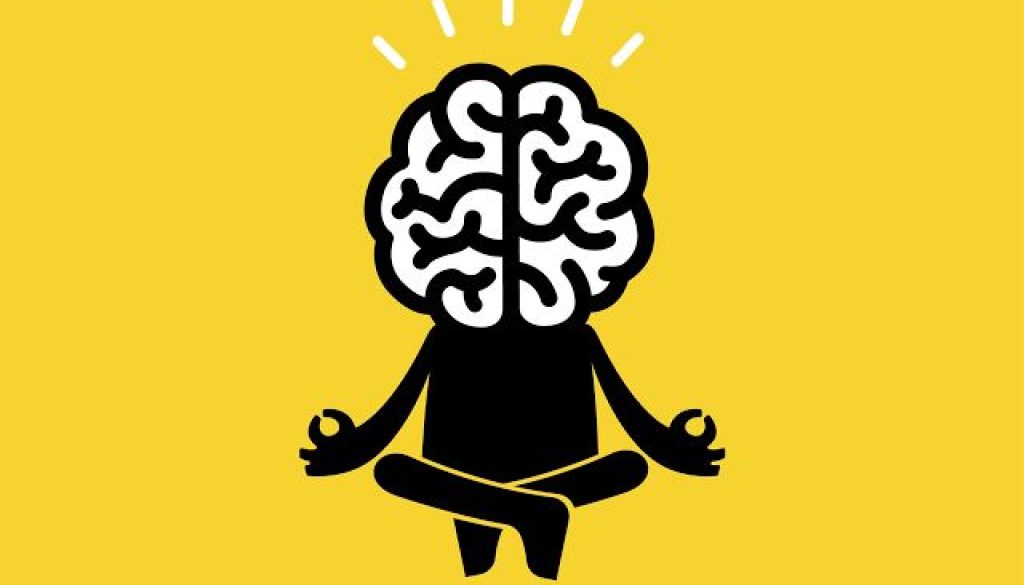Managing Mental Health in the Era of the 24/7 News Cycle
In an age where news is constantly streaming from multiple sources—social media, 24-hour news channels, and online platforms—the flood of information can significantly impact mental health. While staying informed is important, the relentless cycle of breaking news can lead to feelings of stress, anxiety, and overwhelm. In this article, we explore the mental health challenges posed by the 24/7 news cycle and offer strategies to cope with its effects.
The mental health impact of the 24/7 news cycle
Increased anxiety and stress
Constant exposure to negative news, whether it’s about politics, natural disasters, or social unrest, can heighten feelings of anxiety and fear. The repetitive nature of distressing headlines creates a sense of urgency and a “fear of missing out” (FOMO), leading people to feel constantly on edge. Studies have shown that exposure to traumatic or sensationalized news can elevate cortisol levels, the stress hormone, contributing to heightened anxiety.
Desensitization and emotional fatigue
While the flood of news can be overwhelming, it can also lead to emotional fatigue and desensitization. Constant exposure to violence, suffering, and tragedy can reduce empathy, making it harder to process emotions and engage with news in a healthy way. Over time, this emotional burnout can lead to feelings of helplessness or apathy.
Distorted worldview
The 24/7 news cycle tends to focus on negative, sensational stories, often ignoring positive developments. This constant exposure to negativity can distort our view of the world, leading to the belief that everything is going wrong, which can affect overall well-being and outlook on life.
Sleep disruption
Many people find themselves checking the news late at night, whether on their phones or TV, which can disrupt sleep patterns. Exposure to news, particularly distressing stories, right before bed can interfere with the ability to unwind and relax, leading to difficulty falling asleep or experiencing restless sleep. Lack of proper rest further exacerbates mental health issues such as anxiety and depression.
How to manage mental health in the 24/7 news environment
Set boundaries around news consumption
One of the most effective strategies for managing the impact of the news cycle on mental health is setting clear boundaries around when and how much news you consume. Designate specific times during the day to catch up on the news rather than constantly checking for updates. For example, limiting news intake to once or twice a day can help reduce stress and prevent you from feeling overwhelmed.
Curate your news sources
Not all news sources are equal. Be selective about the outlets you follow, prioritizing those that are reputable and balanced. Avoid sensationalized or overly negative sources that may exacerbate anxiety. If you find certain topics or channels trigger stress, consider unfollowing or muting them. Curating your media exposure can help you stay informed without succumbing to fear or panic.
Practice mindfulness and emotional detachment
Mindfulness techniques can help you process news in a healthy way. By practicing mindfulness, you can observe your thoughts and emotions without becoming overwhelmed by them. If a particular story causes anxiety, practice grounding techniques such as deep breathing or progressive muscle relaxation to regain a sense of calm.
Limit exposure to distressing news
If you feel that certain types of news (such as graphic images or distressing headlines) are taking a toll on your mental health, consider limiting your exposure to them. While staying informed is important, it’s okay to avoid content that feels too emotionally overwhelming. You can also follow uplifting or positive news channels to balance out the negativity.
Take breaks from digital devices
Unplugging from screens is essential for maintaining mental health. Take regular breaks from devices, especially before bedtime, to give your mind time to rest and recharge. Spending time away from screens allows you to focus on other activities that promote well-being, such as exercise, reading, or connecting with loved ones.
Engage in positive self-care practices
Taking care of your mental health involves engaging in activities that promote relaxation and stress relief. Make time for activities you enjoy, such as hobbies, exercise, or spending time with friends and family. These moments of joy and connection can counteract the negative effects of the constant news cycle and provide much-needed emotional balance.
Stay informed, but prioritize your well-being
While it’s important to stay informed about current events, it should never come at the expense of your mental health. By setting boundaries, curating your media intake, and practicing mindfulness, you can protect yourself from the stress and anxiety that the 24/7 news cycle can provoke. Taking charge of your news consumption helps you stay informed without becoming overwhelmed, ensuring that you maintain a healthy relationship with the media.
Conclusion
The 24/7 news cycle is an undeniable part of modern life, but its impact on mental health is something we must address. By setting limits, practicing mindfulness, and engaging in self-care, we can protect our emotional well-being while staying informed about the world around us. Remember that it’s okay to take a step back when the flood of news becomes too much—your mental health comes first.



